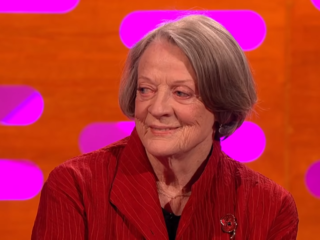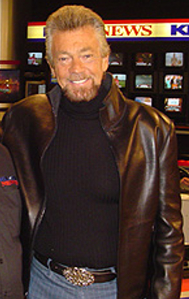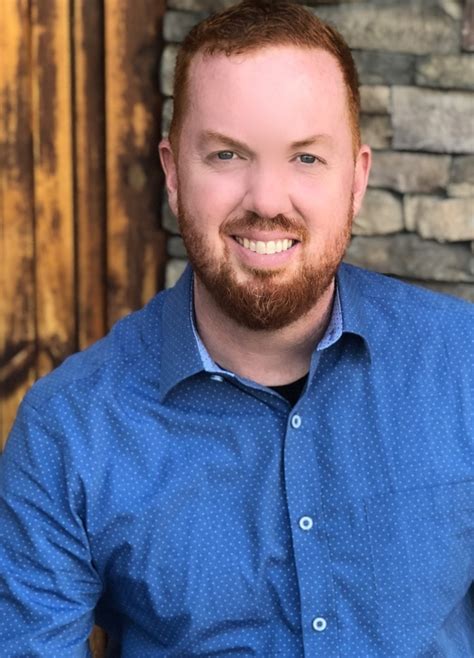A Quote by Harold Ramis
It's like the old rule-if you introduce a gun into the first act of a play, it's going to be used in the third act. So if you do a movie about criminals, you have to accept there's going to be Some action.
Related Quotes
I enjoy a third act, and I like stories with ending. A lot of my frustration with serialized storytelling is a lot of shows don't have a third act. They have an endless second act, and then they find out it's their last year and often have to hustle to invent a third act, but they were never necessarily organically meaning to begin with.
We're not like a nostalgia act, or the normal classic rock act - we're a really good musical organization, ... You're going to hear some blues, some jazz, a little of everything. The guys in the band are great musicians. When we play, we're there for real. It's not about posing, strutting in tights, that kind of stuff. It's all about music, and I've always respected my audience that way.
You go to the cinema and you realize you're watching the third act. There is no first or second act. There is this massive film-making where you spend this incredible amount of money and play right to the demographic. You can tell how much money the film is going to make by how it does on the first weekend. The whole culture is in the crap house. It's not just true in the movies, it's also true in the theater.
As I saw my 60th birthday approaching, I thought,What did 60 mean to me? I figured I'd probably live until I'm about 90, which meant that I was at the beginning of what I call my third act. As an actress, I know how important the third act is. It makes sense of the first and second acts. You can have first and second acts that are interesting, but you don't know what they mean. Then a good third act pulls it all together. And so I knew that, because I sat by my father's side over the long months when he was dying.
I think movies do play a valuable role in turning people on to the act of reading. I think that phenomenon just creates readers. At first they're going to love 'Harry Potter,' or they may love 'The Hunger Games,' but after that, they're going to love the act of reading and wonder, 'What else can I read?'
Why does a woman carry a gun? Because, under our system, every citizen has the latitude to act in the absence of police; the latitude to act reasonably, to act immediately, to act in defense of self, to act in defense of another, to act with lethal force, to act with her acquired training and to act not in anger but to respond in purpose. To exercise the protections of that latitude in public policy, public interest and practical safety, all that is demanded of her is that she act reasonably under the circumstances.
While I am usually in despair when a movie abandons its plot for a third act given over entirely to action, I have no problem with the way Harry Potter and the Chamber of Secrets ends, because it has been pointing toward this ending, hinting about it, preparing us for it, all the way through. What a glorious movie.
The sexual act - thinking about the sexual act, the telling about the sexual act, after the sexual act, is so much more important than the actual sexual act - just in time. It's like of the whole sexual act, you probably spend 95% of the time thinking about it, talking about it afterwards. The actually sexual act, especially when you're 17, is minutes.




































